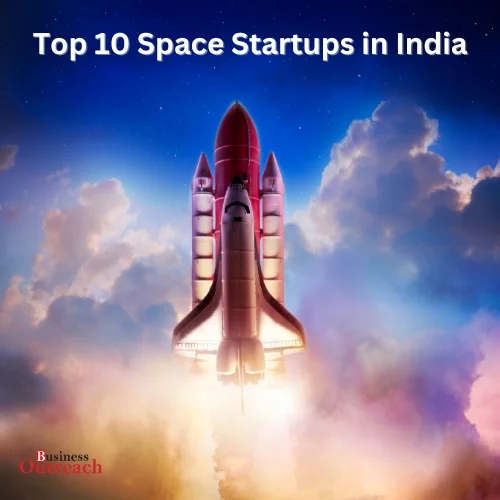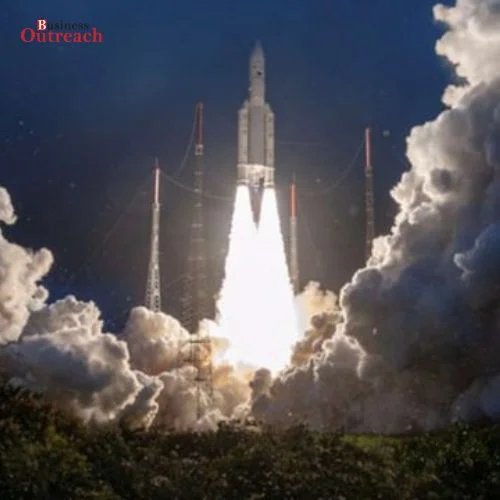A prima facie case can be made with regard to some of Zomato and Swiggy’s conduct, the regulator said.
“The Commission is of the view that there exists a prima facie case with respect to some of the conduct of Zomato and Swiggy, which requires an investigation by the director general (DG), to determine whether the conduct of platforms have resulted in contravention of the provisions,” the CCI noted.
The behaviour of food aggregators Swiggy and Zomato, which are facing charges of delayed payment cycles, one-sided conditions, and high fee, “requires an investigation” the Competition Commission of India (CCI) said on April 4.
The fair trade agency has directed its director general to undertake a thorough investigation into the allegations and report back within 60 days.
The ruling was granted in response to a complaint made by the National Restaurant Association of India (NRAI), which represents over 50,000 restaurant owners in India.
The group had petitioned the antitrust agency in July of last year, requesting an investigation into charges of data masking, heavy discounting, and platform neutrality violations against Zomato and Swiggy.
“During the (Covid-19) pandemic, the magnitude of anti-competitive practices of Zomato and Swiggy have increased manifold and despite numerous discussions with them, these deep funded marketplace platforms are not interested in alleviating concerns of the restaurants,” it had claimed.
The NRAI said that the commissions paid by restaurants are “unviable” and “are to the tune of 20 percent to 30 percent, which are extremely exorbitant”
Zomato was accused of billing restaurants listed on its site about 27.8 percent of the order amount. According to the complaint, the commission rate for cloud kitchen is as high as 37%.
In its complaints to CCI, NRAI said that restaurant operators are obliged to employ delivery services such as Zomato and Swiggy if they wish to use the listing services. The restaurant association argued that because of this type of bundling, businesses are significantly impacted owing to non-availability of delivery partners and delivery delays, which directly impacts their business.
Food delivery companies have also been accused of solely offering their own cloud kitchen brands on their platform, akin to private labels, creating an inherent conflict of interest in the platform’s function as an intermediary on the one hand and as a participant on the other.
The restaurant group has also said that the fees imposed by Zomato and Swiggy from eateries are excessively costly and unviable, ranging from 20% to 30%. In the CCI, the two food delivery websites contended that some terms are enforced with the users’ best interests in mind.















